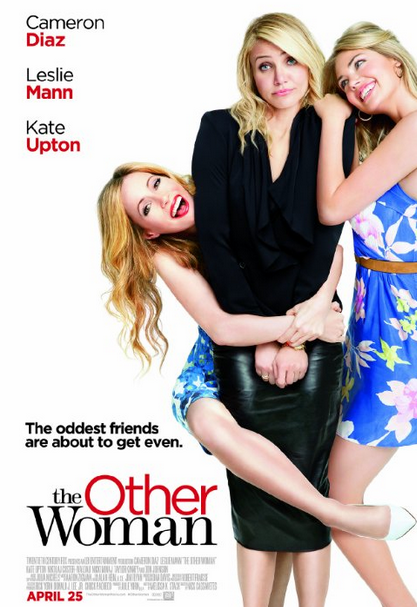There was a time when rom-coms couldn’t be churned out fast enough. Now, one has to suck a studio exec’s dick (though, when doesn’t one have to do this?) to get such a narrative out at all. The disappearance of the genre–or rather, the evolution of it into “quirky” weirdos bonding over their awkwardness–is telling of the modern audience’s cynical views on love.

While there has always been a certain skepticism about happily ever after, it seems that now, more than ever, no one wants to be spoon fed a so-called sappy cinematic story. But even the early 00s film landscape still found a way to make the rom-come palatable by adapting the genre into high school movies (see: Mean Girls, Superbad, The Girl Next Door, Nick and Norah’s Infinite Playlist, Juno, et. al.).

So what changed post-2010 to make moviegoing audiences so unabashedly averse to the concept of love as formerly portrayed in classics like It Happened One Night, His Girl Friday, Annie Hall (even though they don’t end up together–sorry for the spoiler), Sixteen Candles and Pretty Woman? All of the aforementioned bore a healthy dose of cynicism to ensure the plot was still believable and relatable, and were accordingly embraced by women and men alike. The shift in cringe factor is perhaps twofold. For one, the expectations for long-term marriage have long ago dissipated entirely, with most people content to remain single for the duration of their slutted-up existence. Secondly, the shift in people’s sexuality (or rather, their ability to showcase their sexuality more freely now that being in the homo category is no longer considered a mental disorder by the DSM) has caused a certain disingenuousness with the whole hetero white couple formula that pervades your average rom-com.

People’s desire to see what were once considered “fringe couples” on the screen has trumped their zeal for general romance. And since Hollywood isn’t quite ready to relinquish their cash cow known as the Midwest, there has been something of a stalemate, resulting in the production of such insults to the name of Some Like It Hot as The Other Woman, One Day and The Back-up Plan.

The fact that no one can manage to make a decent mainstream same-sex rom-com adds to the plight. Studios can’t seem to process that gay couples endure anything other than tragedy (see: Brokeback Mountain, Milk and Blue is the Warmest Color). Thus, it is because the rom-com is firmly steeped in tradition that it is having so much difficulty adapting in the twenty-first century. And because the collective consciousness can never believe in the days of Cary Grant and Rosalind Russell again, it could very well face extinction unless it changes. Yet the very nature of the genre’s optimism and earnestness prevents it from doing so.





















[…] to imagine William Shakespeare finding success in the modern era. So much of his message adheres to the rom-com formula that appears to be largely unpalatable to most modern audiences. And yet, director Gary Winick’s (who brought us Pieces of April and 13 Going On 30) 2010 […]